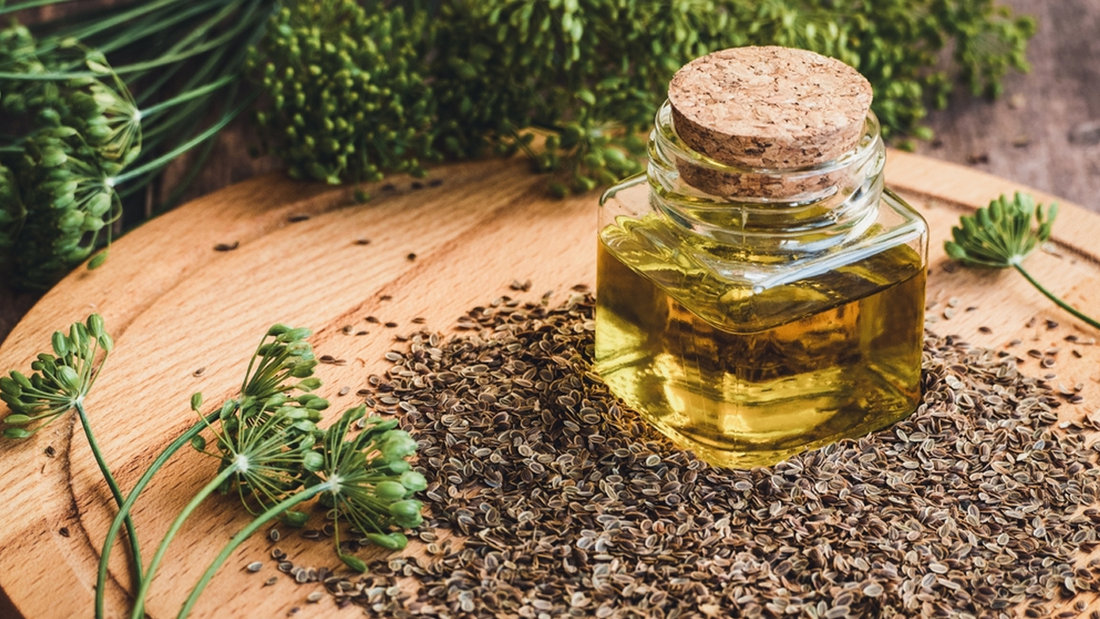When we think about the shelf life of a product, the first thing that often comes to mind is preservatives. Preservatives can be natural or synthetic but both of these play an important role in the product’s longevity. You might have heard about food preservatives but have you ever read about cosmetic preservatives? These preservatives prevent contamination or are used in cosmetics to guard against bacteria and fungi. Their role is to protect both the products and consumers at the same time.
Cosmetic fragrances are also widely used as preservatives. You may not know but a single scent can contain many chemicals hidden within the term fragrance. Hence, most products incorporate synthetic fragrances & preservatives.
Most of us don't consider our cosmetics as items susceptible to spoilage or the growth of bacteria and yeasts. However, our cosmetics could potentially become harmful if we do not pay attention to their labels while buying them. Let's explore the importance of preservatives and how they affect cosmetic’s shelf life in this article.
Moral responsibility towards cosmetic products
There is no doubt that preservatives are made to address the problem of contamination. But sometimes it becomes our moral duty to keep our cosmetics germ-free. How? Many of us may not realize that our hands can carry microorganisms and are not sterile. Therefore, each time we dip our fingers into a lotion jar or press the pump on a lotion bottle, we introduce new microorganisms into our products. This act can lead to rapid deterioration or more severe issues which can also be prevented by cosmetic preservatives.
How many of us keep the lotions in the bathroom? Cosmetic products are commonly stored in bathrooms, where the environment tends to become humid and warm. Once more, preservatives play a crucial role in preventing the growth of microorganisms in such risky conditions.
Are there different types of cosmetic preservation?
Cosmetic manufacturers employ both physical and chemical preservation techniques. This involves refining packaging, processes, and ingredients to ensure that the final product meets all safety requirements. However, the use of chemical preservation always ensures utmost safety.
Companies determine the shelf-life of a cosmetic product by different factors such as ingredients, packaging, storage conditions, and other considerations.
Which cosmetic products MUST contain preservatives?
We suggest consumers to look for labels while buying the following products:
- Perfumes/Fragrance
- Lipstick/lip balm
- Facial and shower cleansers
- Nail polish/Nail polish remover
- Shampoos
- Conditioners
- Lotions
- Face moisturizer
- Hair gel
- Anti-wrinkle products.
- Baby shampoo
- Body wash/soap
Cosmetic preservatives play a crucial role in maintaining the quality and safety of beauty products over time.
Here's a detailed explanation of how cosmetic preservatives contribute to increasing the shelf life of the product:
- Prevent microbial growth
Beauty products often contain water, oils, and other ingredients that create an ideal environment for microorganisms to grow rapidly. Preservatives disrupt the cellular structure of bacteria and fungi which prevent their further growth and reproduction.
- Enhance product stability
Cosmetic preservatives help maintain the stability of the formulation. They prevent microbial contamination and changes in the texture, color, or odor of the product. Without preservatives, products may undergo undesirable alterations that can reduce their effectiveness and appearance.
- Provide multi-functional protection
Preservatives often serve multiple functions and offer broad-spectrum protection. This versatility is crucial as cosmetic products are exposed to diverse environmental conditions.
In a nutshell, all the above characteristics of preservatives contribute to the extended shelf life of cosmetics. This is particularly important for formulations that are prone to contamination due to frequent contact with fingers, air, or other external factors.
Moreover, they help pass stringent regulatory compliance as well. Many countries have regulations and guidelines specifying acceptable levels of preservatives in cosmetic products.
Compliance with these regulations ensures that products meet safety standards and are suitable for use.
These preservatives contribute another factor apart from shelf-life: product integrity.
Preservatives contribute to maintaining the overall integrity of the cosmetic product and prevent separation or degradation of its components. This is crucial for ensuring consistent quality and performance throughout the product's lifespan.
If you are looking for cosmetic preservatives or fragrances, make sure to visit sbblgroup.com. They are one of the leading suppliers of flavors and fragrances across different verticals.





